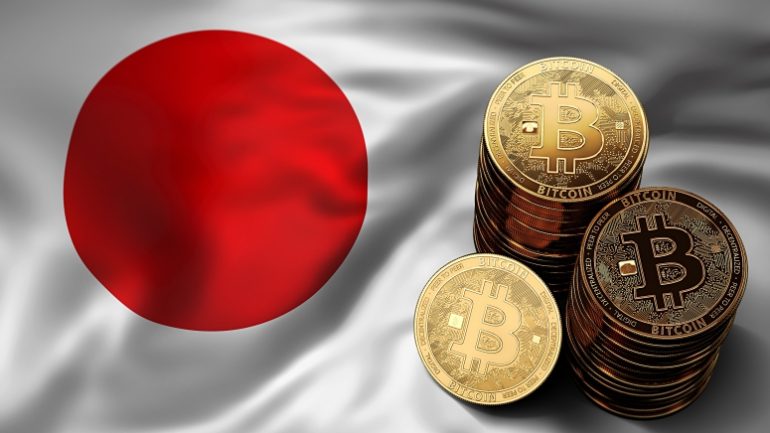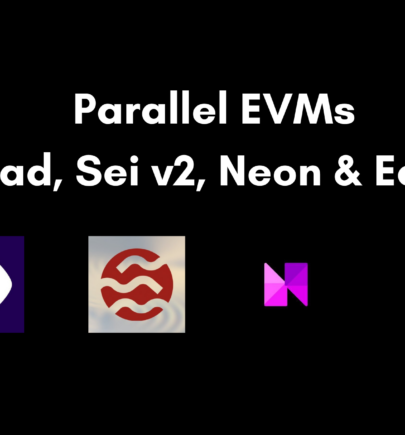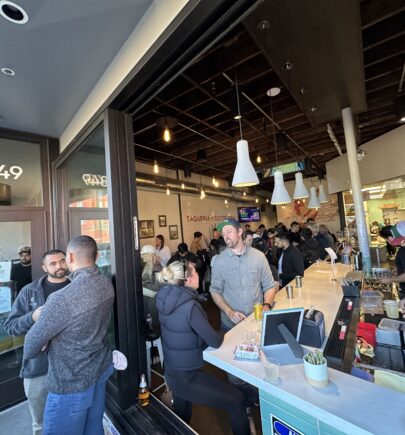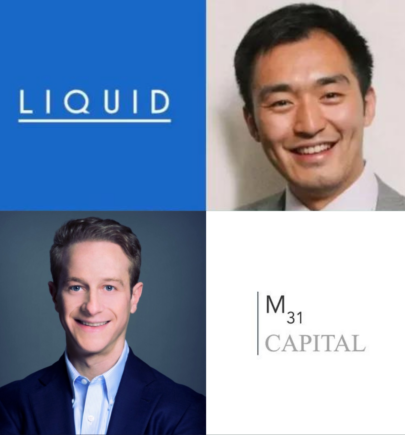Some Barriers for Japanese Institutional Investors to Enter the Crypto Asset Market.

$GCR is a Tokenized Community of Researchers and Investors in the crypto space. Join our community today to get access to all the best investments ideas and deal flow, workshops and direct access to founders and key players in the space.
You will need 100 $GCR tokens to join the Discord-members channel. You can purchase the token on Uniswap here and join the gated Discord group here.
Asian gaming firm Nexon has purchased 1,717 bitcoins for approximately $100 million. Nexon was the first company invested in crypto assets among companies listed in the first section of the Tokyo Stock Exchange.
Will Nexon be a trigger for other large Japanese institutional investors to enter the crypto asset market from now on ? Noriyuki Hirosue, CEO of bitbank, Inc., said “The time is not now. Japanese shareholders of listed companies still have a negative impression of investing in crypto assets and there are some issues with the accounting or taxation system.
We will give some details of barriers for Japanese institutional investors to enter the crypto asset market.
? Accounting Standard
Quick Take
- Japanese companies need to record the appraisal profit or loss of the crypto assets at the end of the fiscal period with the Japanese accounting standard (J-GAAP) even when they only have held them.

One of the major reasons why Japanese companies have difficulty investing in crypto assets is J-GAAP.
Japanese companies, applying J-GAAP, need to journalize crypto assets as current assets in the same way as cash and evaluate them on a fair value basis, so they need to record appraisal profit or loss of crypto assets at the end of the fiscal period even when they only have held them. There is a high risk of holding the volatile assets for Japanese companies because of the accounting standard.
? Taxation System
Quick Take
- Crypto assets are appraised for taxation as assets for short-term trading at all times.
Stocks are not taxed when you invest in them as assets for long-term holding but crypto assets are appraised for taxation as assets for short-term trading at all times in Japan. In short, Japanese government doesn’t suppose that Japanese companies invest in crypto assets for the purpose of long-term holding.
As mentioned above, Japanese companies need to record appraisal profit or loss of crypto assets on a fair value basis at the end of the fiscal period even when you only have held them. For example, if 1BTC you bought for $10,000 rose to $40,000 and have held them, you should pay tax for the appraisal profit of $30,000 at the end of the fiscal period. Under the Japanese tax system, you must pay 30% of the appraisal profit even if the price of 1BTC has dropped to $10,000. In this case, you must pay $9,000 for the corporation tax and the regional tax despite the fact that the substantial profit from their investment is $0.
US companies, applying US-GAAP or IFRS, have a greater tendency to invest in crypto assets than Japanese companies because they journalize crypto assets as intangible assets and record the appraisal profit or loss of crypto assets in their income statement when they sell them. They don’t need to record it when they only have held crypto assets.
? Custodian
Quick Take
- There has been no funds that own positions in crypto assets in Japan.
- Custodians are only for cryptocurrency exchange service providers in Japan.
These days, institutional investors which manage cryptocurrency investment funds like Grayscale have already been established in the US but that kind of funds have not been established in Japan. Actually, Japanese government is still reluctant to recommend investing in crypto assets to protect Japanese investors from the price fluctuation risks so it’s hard to set up investment funds that own positions in crypto assets.
In Japan, cryptocurrency exchange service providers can only manage crypto assets for institutional investors as custodians so Japanese trust banks can not be custodians in the crypto asset market. Historically, Japanese investment funds have been supported by Japanese traditional trust banks so it’s hard for cryptocurrency exchange service providers to establish trust enough with Japanese institutional investors as custodians.
The needs of custodians for crypto assets don’t arise when there are no investment funds for it because custodians can be theorized in the condition of funds.
*English disclaimer is also posted on medium.com












